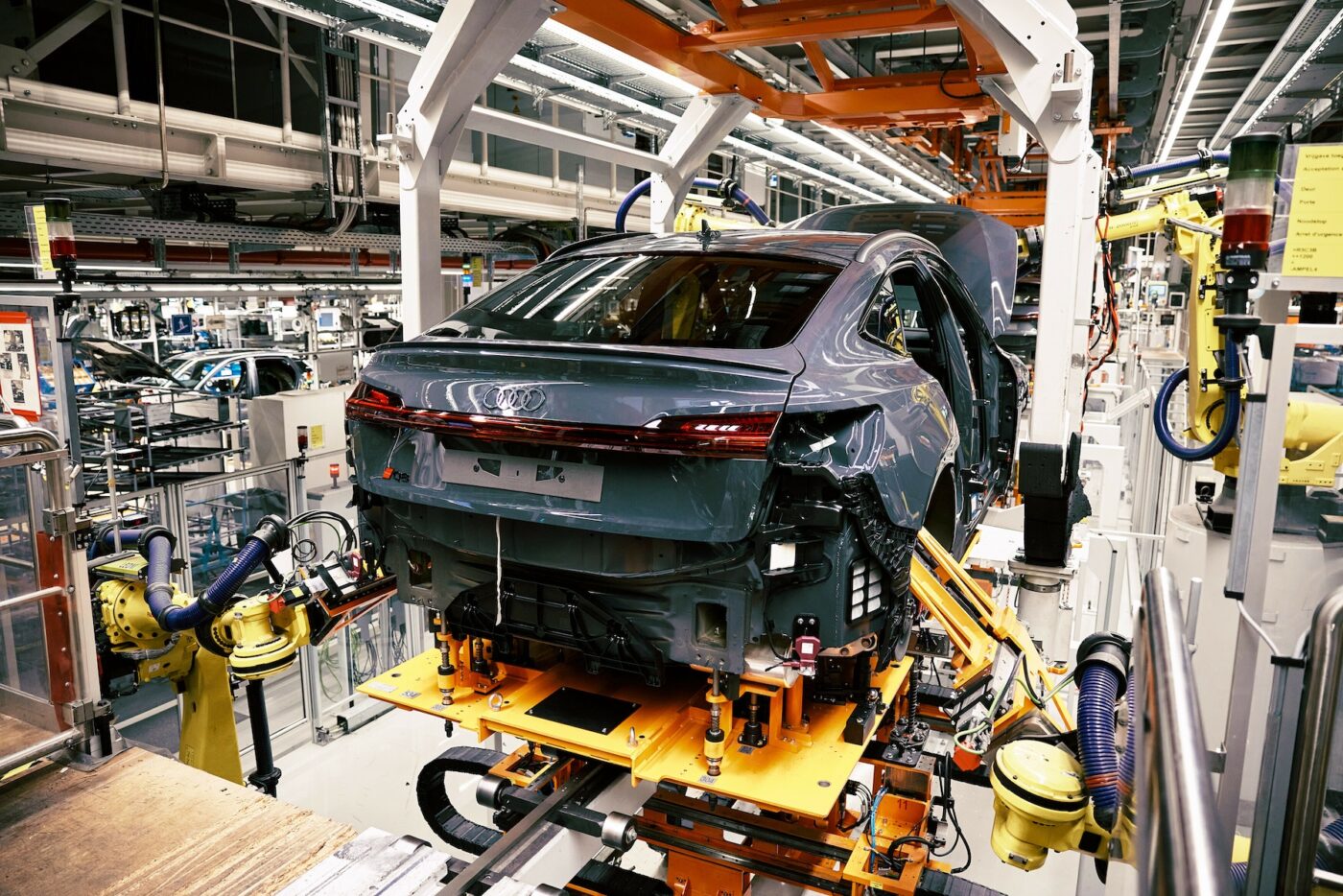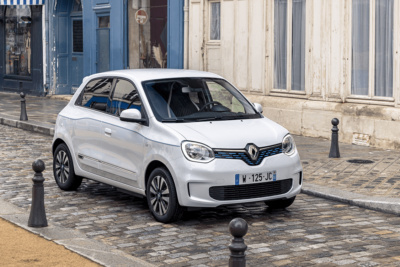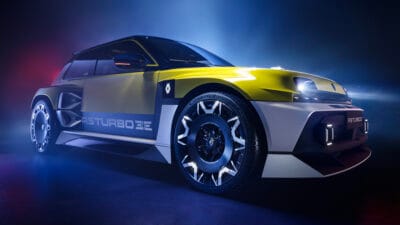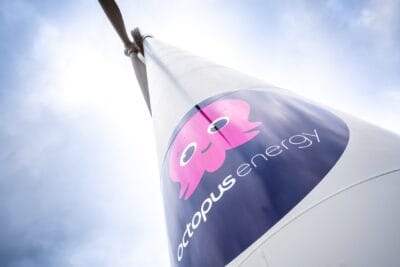Audi to shut down production in Brussels
Cars were built at the Brussels-Forest plant for 76 years – on Friday, 28 February 2025, the last car will be assembled in the halls, then the current owner Audi will close the plant. 3,000 jobs will be lost, and a social plan was hastily negotiated. After more than eight million cars produced, the facility will shutter its doors.
After rumours had already emerged at the beginning of 2024 that Audi could build the successor generation of the Q8 e-tron in Mexico from 2027, the shock for the employees came in July: due to the “global decline in customer orders in the premium electric segment,” production of the Q8 e-tron will not end in 2027, but earlier. As negotiations on alternatives or buyers come to nothing, Audi announced that February 2025 is the end.
In protest against the closure and because the company and trade unions were unable to agree on severance payments, the production lines in Brussels were shut down earlier. Many had assumed that they would not even start up again. However, as previously reported, Audi actually restarted production. Only to end for good just a few weeks later.
The Audi workforce in Brussels was geared towards the future, especially with the production of an electric car; the e-tron quattro – later renamed the Q8 e-tron – had been built there since 2018. Audi had invested 600 million euros in this and also made further changes in 2023 to prepare the plant for the overflow production of the Q4 e-tron built in Zwickau.
However, neither the sales figures for the Q8 e-tron nor the Q4 e-tron have developed as quickly as Audi had hoped. According to Audi, the plant in Brussels has long had structural problems that have driven up costs. Logistics and production are expensive because there is no press shop on site and body parts have to be transported there from other plants. Expansion is not possible as the site is bordered by residential areas on one side and railway tracks on the other.
In a way, the Brussels plant symbolises the state of the European car industry. Traditional car manufacturing made European manufacturers big and world-famous, and many young companies have failed to bring even comparably good vehicles onto the market. Electric cars are the future, and the pace of development is enormous. This means that challengers can build up pressure with lean structures and new methods. The transformation is inevitable, the exact pace is the decisive factor. Just a few days after car production ends in Brussels, the EU Commission will present its action plan to make the European car industry fit for the future.





1 Comment